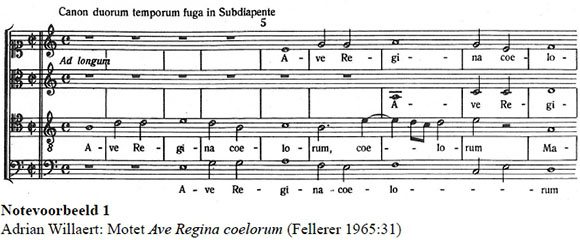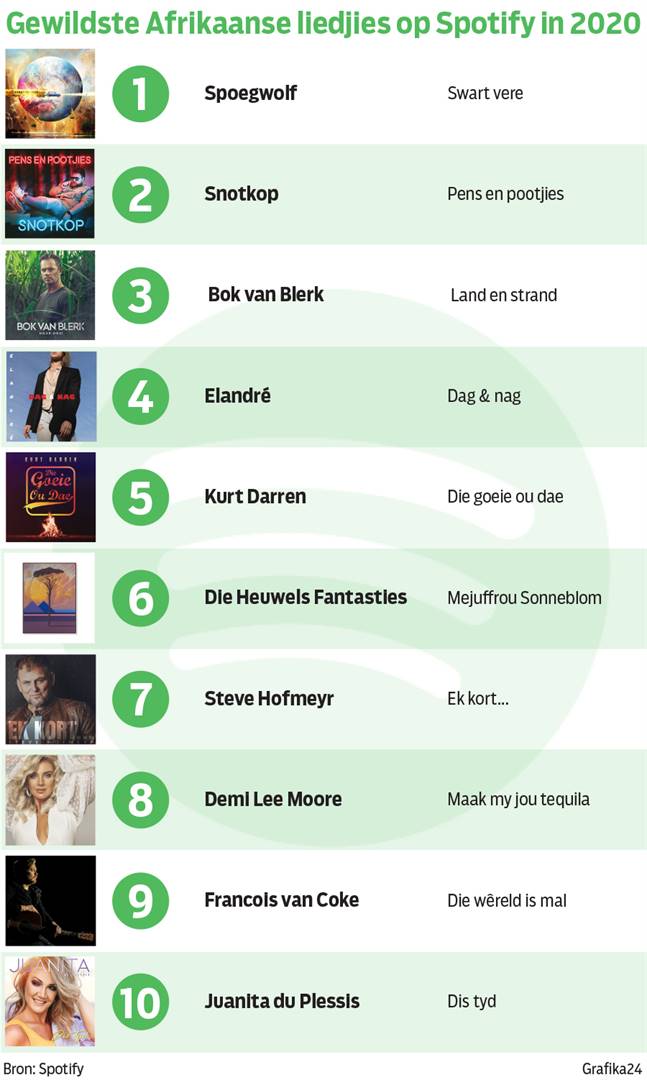
On a night in 2006, a Cape Town’s night club, its floor littered with cigarette butts, plays host to an Afrikaner (sub)cultural gathering. Research into the sector’s 2021 performance will be released in the 2022 reports.įor further information please contact Khathu Musingadi: or +27. Looking at production volumes between 20 in other sectors across the industry, malt beer, spirits and wine were down at a similar rate to FABs.īy the end of 2021, the alcoholic beverage industry is expected to have grown by double digits, although it is unlikely that volumes of most of the products would have reached pre-pandemic levels due to the high unemployment rate and restricted disposable income.

The FABs sector is expected to bounce back in the short to medium term, with the new products launched during lockdown driving volume growth. This trend is expected to continue in the near future as consumers spend more time at home,” Musingadi explains. Some consumers prefer these channels, as they’re able to purchase a wider range of FABs in bigger pack sizes, and often on promotion, for later consumption. “On-consumption channels have been losing share to off-consumption channels in recent years as the category shifted volumes to retail and wholesale. Volume declined across all channels, regions and all packaging types. It is believed that distributors passed the inflation increase on to consumers, as their revenue and margins declined during the difficult pandemic year.

Some companies operating in this market saw the opportunity to launch zero-alcohol variants of their main brands, enabling them to continue trading during the alcohol bans.Īverage selling prices in this sector increased at rates above inflation. The alcohol bans also negatively affected the flavoured alcoholic beverages (FABs) sector, where production volumes declined by almost 20% in 2020 compared to 2019. This, as more economic sectors open up and reduced disposable income sends consumers back to sorghum beer as an affordable alcoholic alternative.
#Afrikaanse musiek groepe full
Sorghum beer volumes are expected to grow by a double-digit figure between 20 and make a full recovery by 2025. Together, these four provinces accounted for almost two-thirds of the volume sold in 2020,” explains Khathu Musingadi, a research analyst at BMi Research. Dry-based products need experienced brewers to process the product – a practice passed down from generation to generation predominantly in KwaZulu-Natal, followed by Limpopo, Mpumalanga and North West. “Sorghum beer has more consumers in rural and semi-rural areas, with the user profile ranging from the middle to older generation.
#Afrikaanse musiek groepe driver
Wholesale, as the channel that makes this sorghum beer product more accessible and makes a wider range of brands and pack sizes available at an affordable price, was the biggest driver of the overall volume sold in 2020.

Dry-based products fared better, as homebrewers were able to purchase the products in bulk when the sales ban was uplifted and store it at their own premises. It declined by the largest volume in 2020 as a result of decreased sales and the abruptness of the alcohol ban, which led to loss of volumes still in the production phase or not yet delivered that were then no longer fit for sale. Wet-based sorghum beer was most affected. This decline was experienced across all channels, regions and packaging types, with average selling prices increasing to figures below the prevailing 3.3% CPI rate. Last year, when the country went into hard lockdown, the production, movement and sale of alcohol was banned in what was the first of four alcohol bans between March 2020 and July 2021.Īlthough the sorghum beer sector had been declining for the past decade, the alcoholic ban added significant pressure to the sector, with 2020 volumes decreasing by more than 20% compared to 2019.

These findings emerged in the 2021 Media Feedback Report for Sorghum Beer and 2021 Annual Quantification Report for Flavoured Alcoholic Beverages (FABs) in South Africa, researched during 2020 and recently released by full-service research house, BMi Research.


 0 kommentar(er)
0 kommentar(er)
